Micro- and nanoparticle-based drug delivery systems are revolutionizing medicine, from minimizing the toxicity of therapeutics to improving their efficacy.


Micro- and nanoparticle-based drug delivery systems are revolutionizing medicine, from minimizing the toxicity of therapeutics to improving their efficacy.
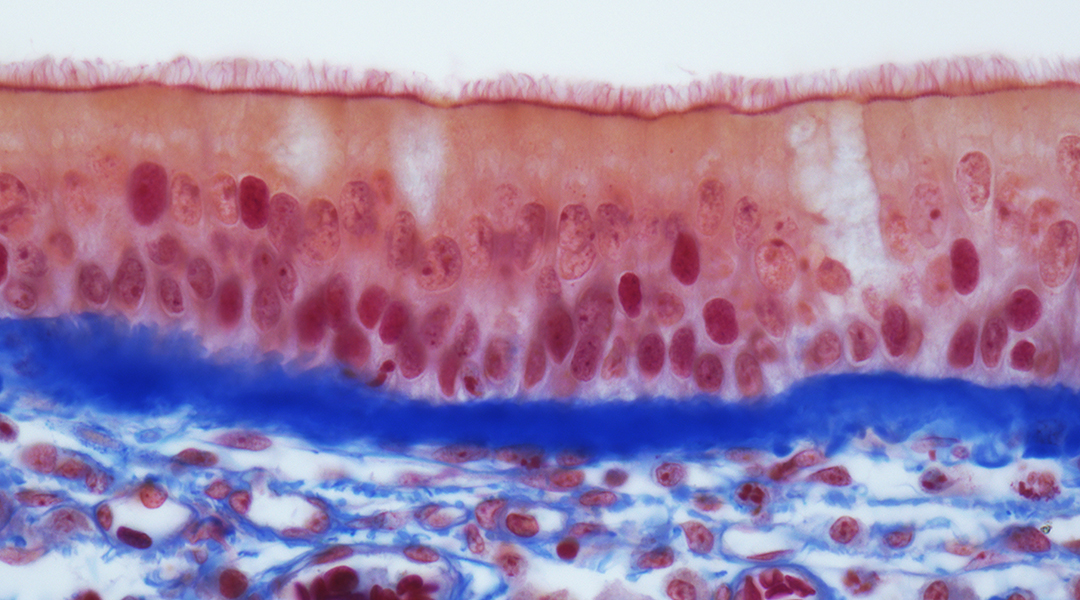
A collaborative team of German scientists identify which lung cells are susceptible to SARS-CoV-2 and why infection severity varies in different demographics.
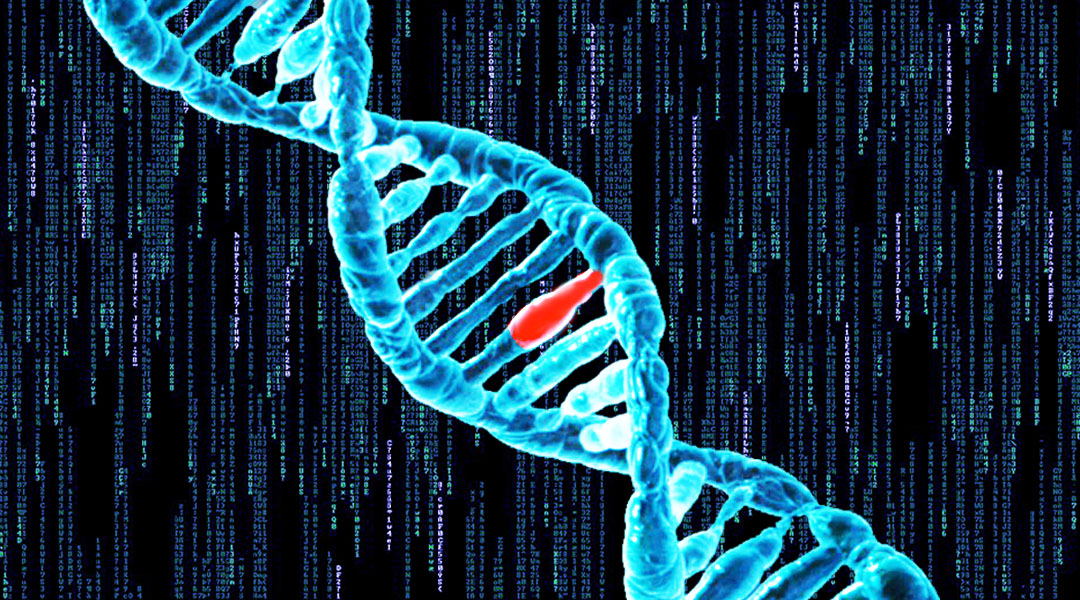
Computer modeling decodes the chemistry carried out by complex DNA repair enzymes to remove DNA damage caused by environmental exposure.
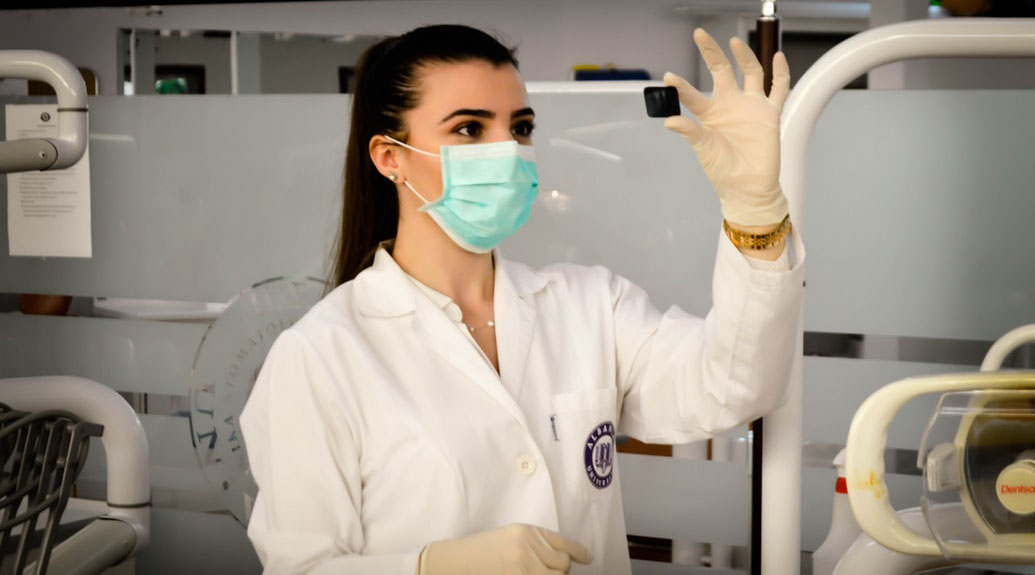
Researchers have mapped the immune response of one of Australia’s first COVID-19 patients.
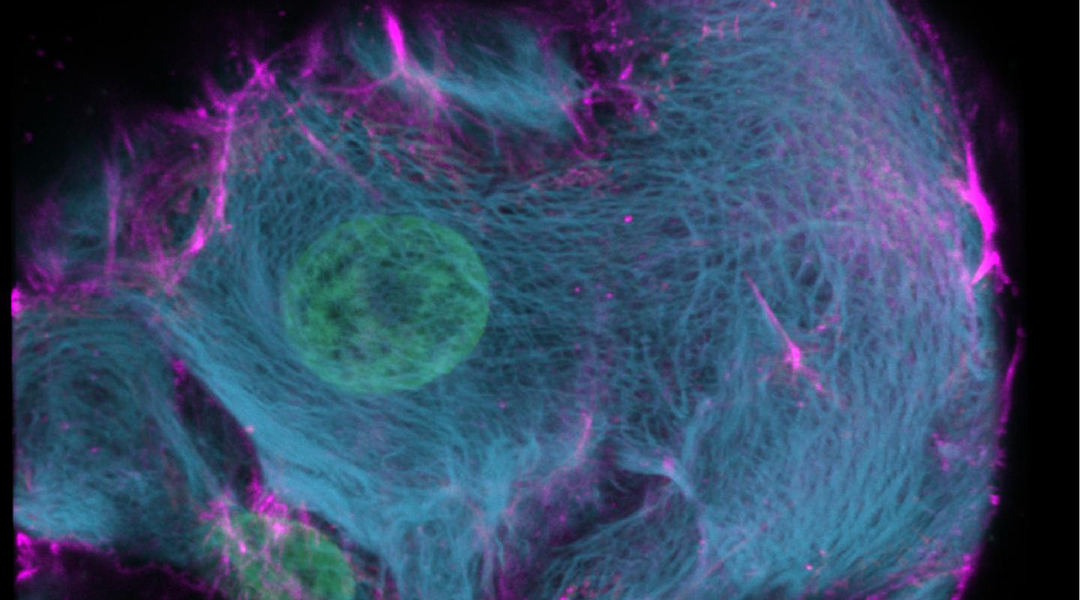
A new take on CRISPR allows researchers to “paint” cells and observe never-before-seen cellular processes in great detail.
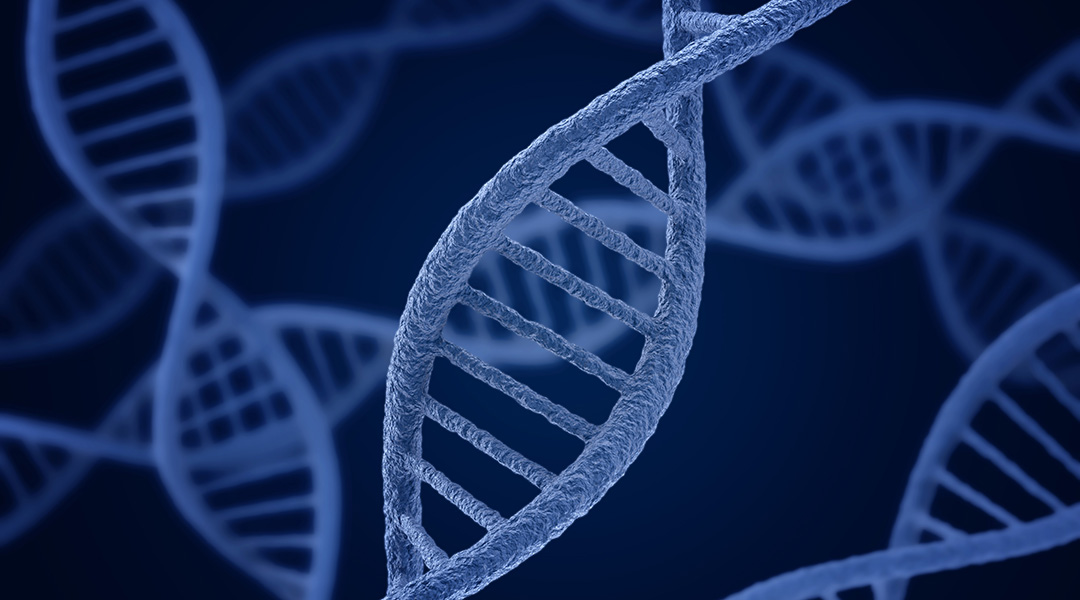
The first human trial using CRISP-edited genes to fight cancer has promising results.
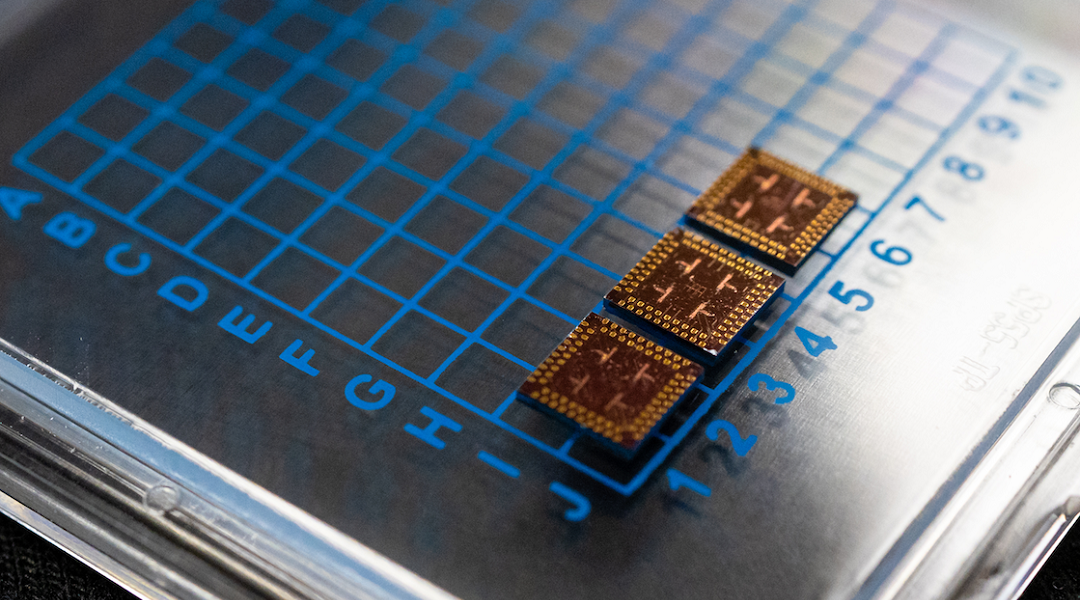
Scientists developed cryogenic memory cells that could be orders of magnitude faster than existing memories while consuming very little power.
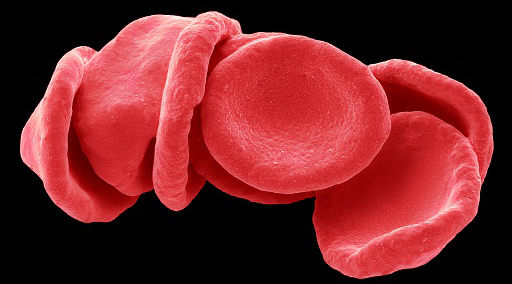
Physicists design super-human red blood cells to deliver drugs to specific targets.
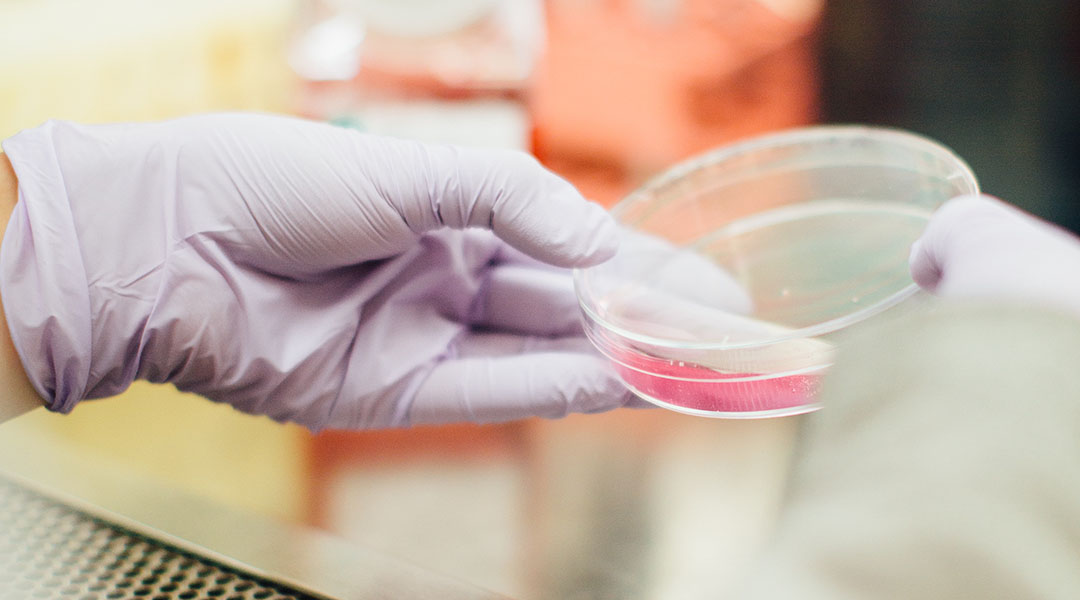
Researchers have successful implanted artificial factories into living cells with the hope of producing molecules for therapeutics.

First practical tests of marine fuel cells on board AIDAnova planned for 2021